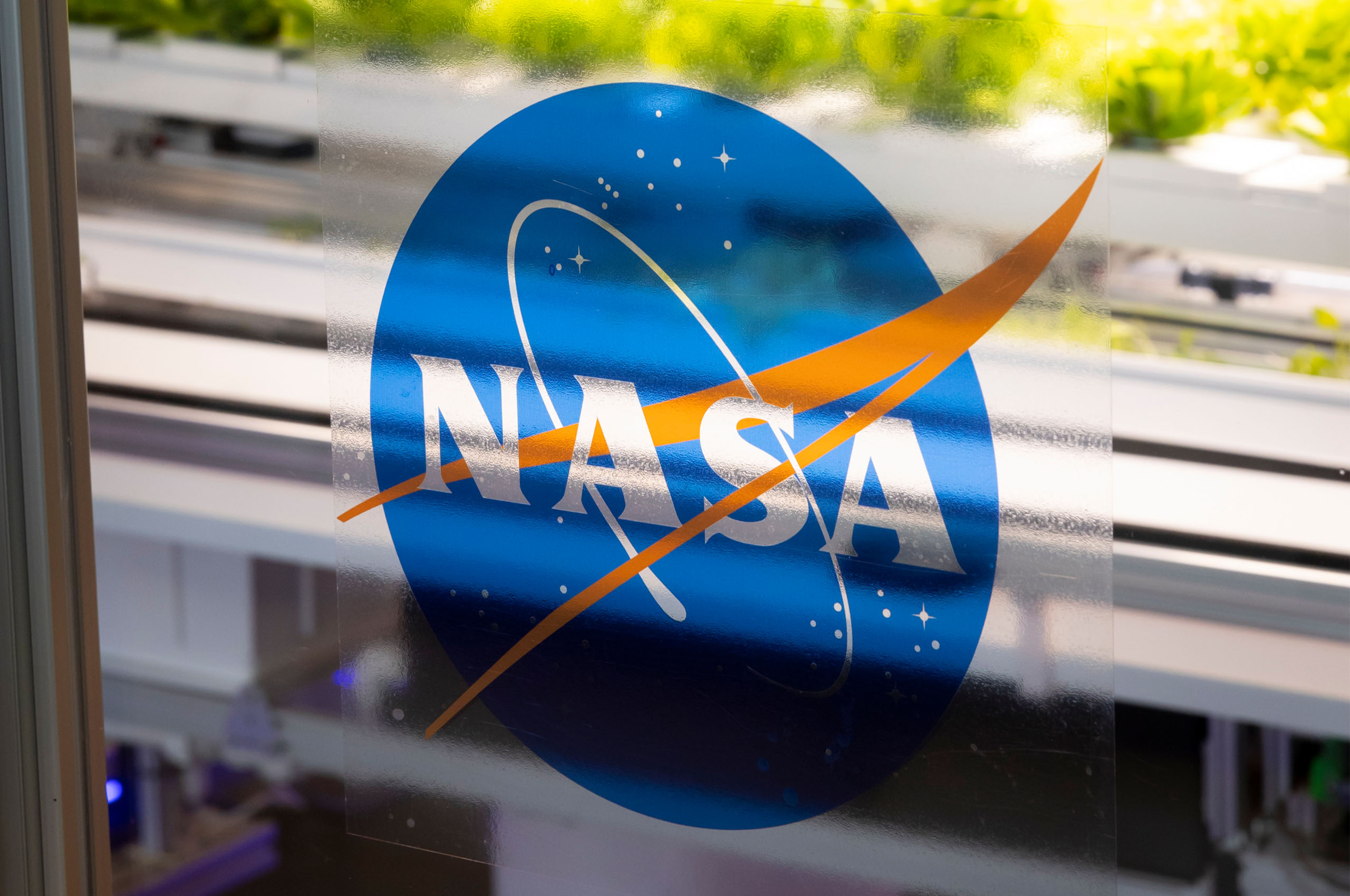Gaia Project Australia

Gaia Project Australia’s efficient cultivation solution for control environment agriculture.
Partnership at a glance
- After launching the Gaia Project Australia, Nadun Hennayaka joined La Trobe’s Global Markets Accelerator Program (GMAP), designed to help start-ups understand and access international markets
- Due to a lack of agribusiness experience, other accelerator programs wouldn’t accept Nadun, but GMAP did and set Gaia up for success
- La Trobe is now a research partner with the internationally recognised company
- La Trobe’s Dr Alex Stumpf and Adam Console are working with Gaia on developing robotics for vertical farming
- La Trobe biologist and genome scientist professor Mathew Lewsey is working with Gaia on projects for the Australian Research Council’s Centre for Excellence in Plants for Space (P4S).
Case study
Mid-life crises can lead to strange behaviours, such as buying a sports car, an expensive boat or a drastic change in hobbies. But for Nadun Hennayaka, it led to a profound desire to make a difference both in the world and in space.
“My background is corporate engineering,” Nadun says. “When I turned 30 I had an early mid-life crisis. We’d all go to the pub and talk about the world’s problems, but never do anything about it.”
Through his corporate work, he’d become interested in vertical farming systems – compact, efficient indoor farms that could be essential for many parts of the world, and for space travel. And so, in 2019, using the engineering mind he’d honed since childhood, Nadun filled his house with 3D printers and bits of farm equipment and began designing what is now the most efficient vertical farming system in the world. “I nearly burned down my house several times,” he laughs.
In just 2 cubic metres, the system can grow 14–16kg of leafy greens a month, using less water and power than other systems. Unlike other systems, the plants grow in modules that automatically expand as the plants grow, giving larger plants the room they need reach full size.
Being twice as efficient as the next best system, Gaia Project Australia has caught the eye not only of NASA – who named it one of the winners of its Global Food Space Challenge – but also of multiple countries. In 2024, commercial trials will begin in Australia, Qatar and India.
La Trobe’s Global Markets Accelerator Program opened the doors on how this whole start-up sector worked. It helped us understand international markets.
Along the way, La Trobe University has supported Nadun and his team to create a commercial product, initially by selecting him to join the 2021 La Trobe Global Markets Accelerator Program (GMAP), and now with various research partnerships.
“La Trobe’s been great – that’s why we’ve worked with them all this time,” Nadun says.
Initially, Nadun’s lack of experience in agriculture disqualified him from many of the agribusiness incubators or accelerators for start-up companies.
“The stepping stone was through La Trobe, and since then we’ve got into a lot of incubators,” he says.
La Trobe is now an ongoing research partner with the Gaia team, with work continuing both on the automation and robotics side of the project as it scales up, and also on the genomics side, looking at plants for space.
To discover everything that our entrepreneurial network and programs offer, contact our Innovation and Entrepreneurship team.